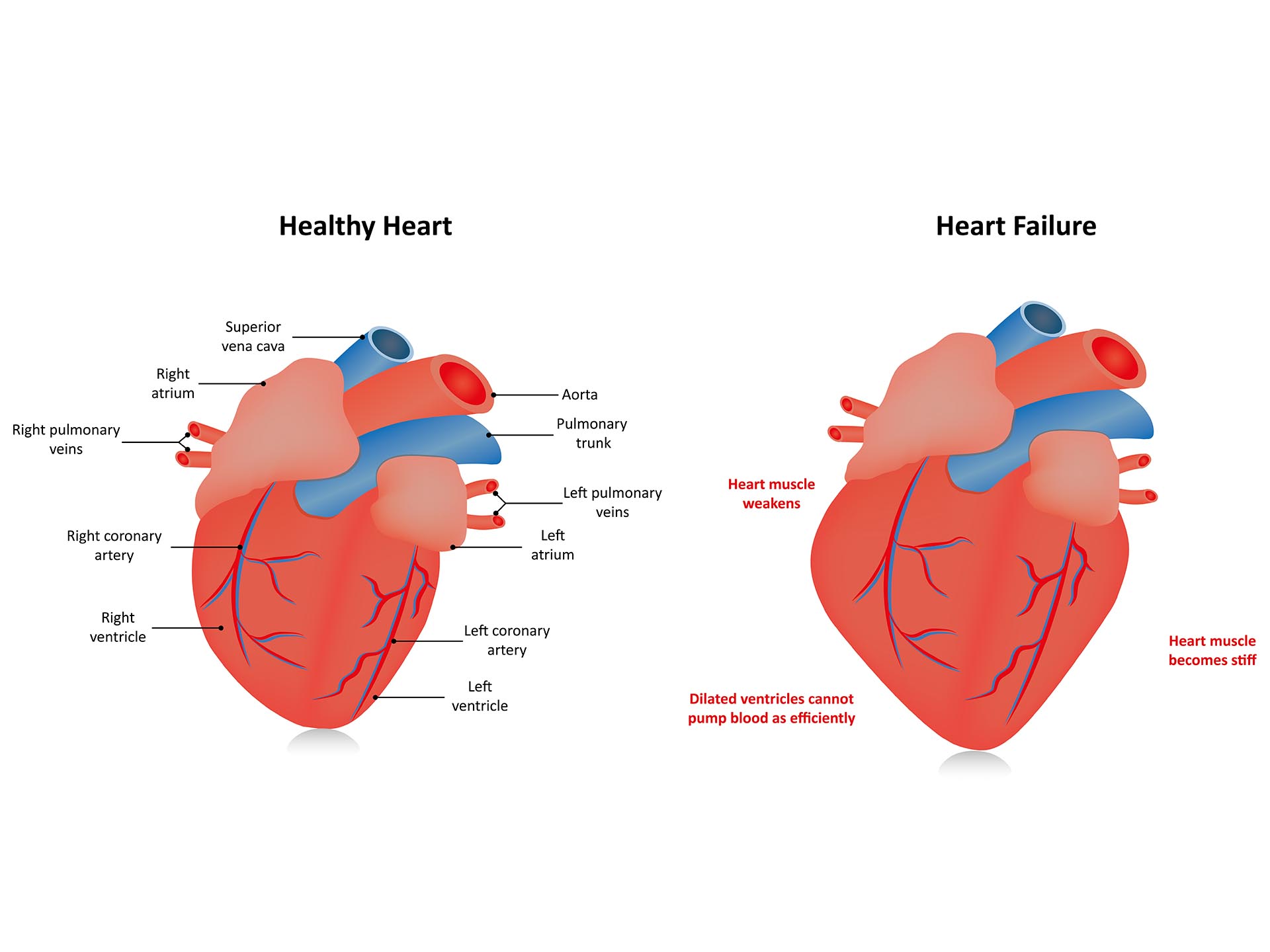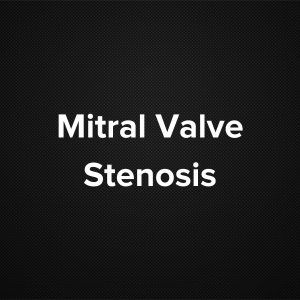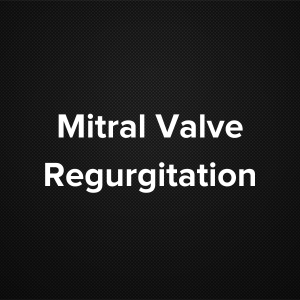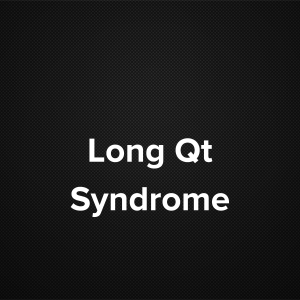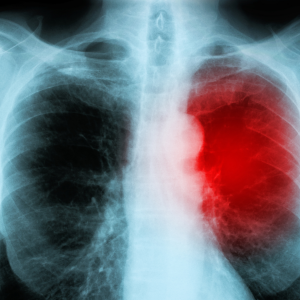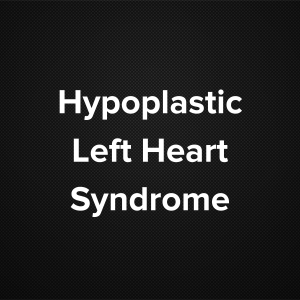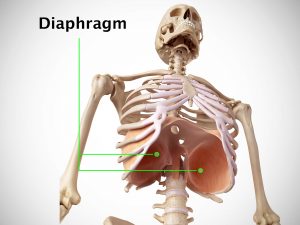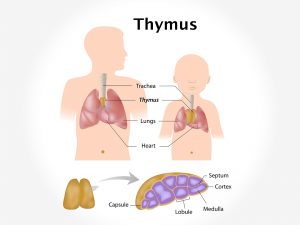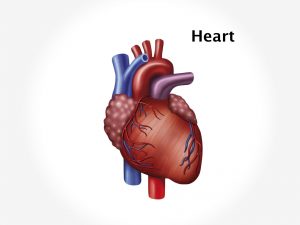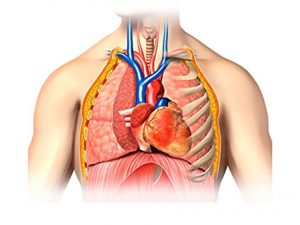Causes and risk factors
Heart failure occurs due to insufficient pumping of blood as a result of which the body lacks the required oxygen and blood. Hypertension, smoking, obesity, substance abuse and chemotherapeutic agents predispose heart failure. Certain metabolic disorders like thyroid, diabetes mellitus etc also contribute to congestive cardiac failure. Certain diseases of the heart can also lead to heart failure these are Valvular heart disease, Ischemic heart disease and viral myocarditis.
Clinical presentation
Heart failure is divided into two types- Systolic heart failure (It is due to reduced ejection fraction) and Diastolic heart failure (Heart failure with preserved ejection fraction)
Heart failure can also be classifies as Left-side heart failure and Right sided heart failure
Left sided heart failure occurs due failure of the left ventricles to pump enough quantity of blood due to which the body lacks the requirement of blood and oxygen while Right side heart failure occurs due to failure of the right ventricles. Dyspnoea and difficulty in breathing on exertion are the main symptom seen. Initially it is seen only during activity but later breathlessness occurs even at rest. Weakness, Anorexia, Nausea, Abdominal pain and abdominal fullness are other symptoms seen. Fluid retention characterize by swelling around the ankles, lower leg (pedal edema), accumulation of fluid in abdomen (Ascites) along with congestion of lungs (Pulmonary edema) are also noticed. Weight gain due to fluid retention occurs. Palpitation and arrhythmias are other associated symptoms. In sever heart failure following symptoms can be seen are confusion, difficulty in concentration, headache, insomnia and anxiety. Heart failure can lead to complications like renal failure, liver damage and end stage heart diseases.
Investigations:
Diagnosis is done on the basis of the symptoms narrated by the patient and the physical examination. The vital signs of the patient are monitored. Certain physical test is carried out. The required investigations are chest X ray, ECG. Angiography can be done to detect the blockage of the artery. Certain other investigations which can be done are Routine blood test, blood enzymes levels, blood sugar levels, lipid profile and renal function test and pulmonary function test. Certain other sets of investigations can also be advised.
Treatment
Heart failure is a medical condition which requires immediate medical care. If the treatment is neglected heart failure can be life threatening. The patient is hospitalized and close monitoring is required. Correcting the underlying cause is the main aim of the treatment. Medications like digitalis, ACE inhibitors, beta blockers, diuretics and vasodilators are administered. Surgical intervention consists of use of ventricular assist devises, valvoplasty or bypass surgery. In severe non responding cases heart transplantation is done. Life style modification is also must. It comprises of regular exercises, intake of well balanced diet and avoiding of drinking alcohol and smoking along with low sodium diet.
